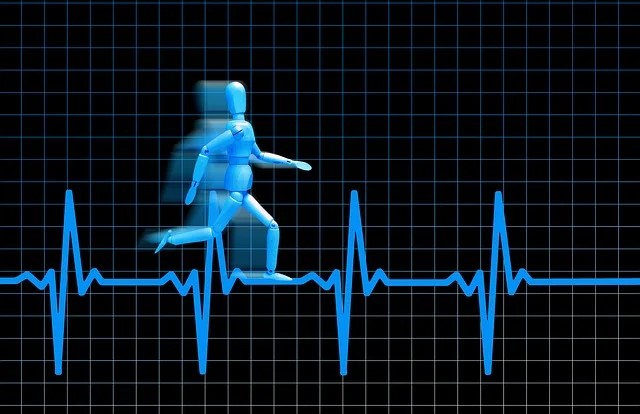Acute Liver Failure: Unraveling a Rare Syndrome Primarily Associated with Toxicity
Acute liver failure is a rare syndrome primarily associated with paracetamol overdose toxicity, highlighting the need for early recognition, prompt intervention, and supportive care to improve patient outcomes.
March 2022

Addressing Global Concerns for Physician Wellbeing: Joint Opinion from Leading Cardiovascular Organizations
Leading cardiovascular organizations issue a joint opinion on improving physician wellbeing worldwide, emphasizing the importance of organizational support, systemic reforms, and cultural shifts to promote a healthy work environment and prevent burnout among healthcare professionals.
March 2022
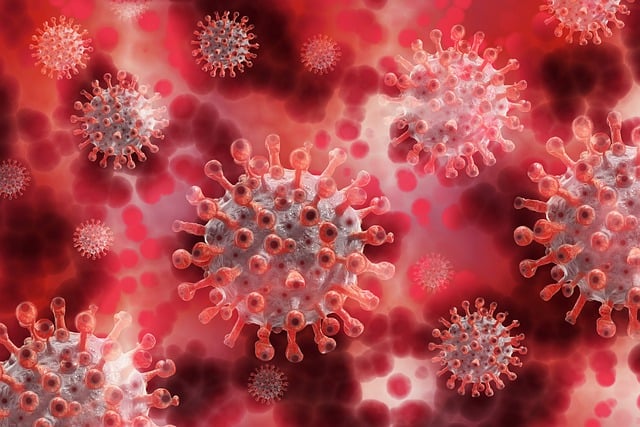
Neuro-Psychiatric Manifestations of COVID-19: Emerging Insights and Clinical Implications
Reports of neuro-psychiatric manifestations associated with COVID-19 continue to rise, underscoring the need for comprehensive neurological assessment, early intervention, and long-term follow-up care to address the diverse spectrum of neurological sequelae in affected individuals.
Februery 2022
The Limbic System: Unveiling Distinctions between Modules and Affective Modes
Study explores the implication of the limbic system in determining affective valence, emphasizing the capacity of neural modules to generate both positive and negative affective modes and underscoring the complexity of emotional processing in the brain.
Februery 2022
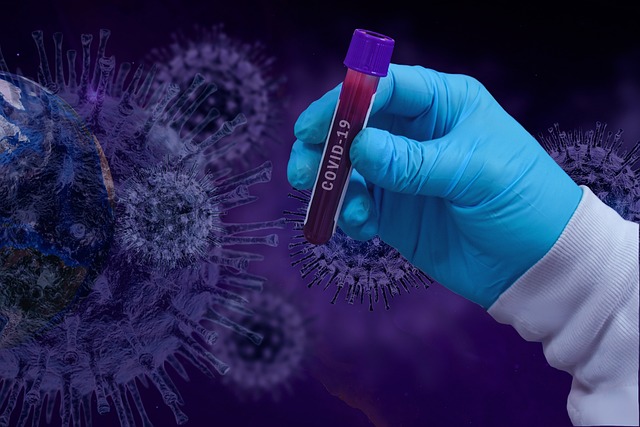
Increase in Facial Paralysis during the COVID-19 Pandemic: Implications for Neurological Surveillance
High rates of spontaneous referrals of lower motor neuron palsy of the facial nerve (VII) are observed during the COVID-19 pandemic, prompting further investigation into the potential association between viral infections and facial paralysis, with implications for neurological surveillance and management.
Februery 2022

Anti-NMDAR Encephalitis: Challenges in Early Diagnosis and Management
Early diagnosis of anti-NMDAR encephalitis presents a pressing challenge for psychiatrists, emphasizing the need for heightened clinical suspicion, timely diagnostic evaluation, and multidisciplinary management strategies to optimize patient outcomes in this autoimmune neurological disorder.
Februery 2022
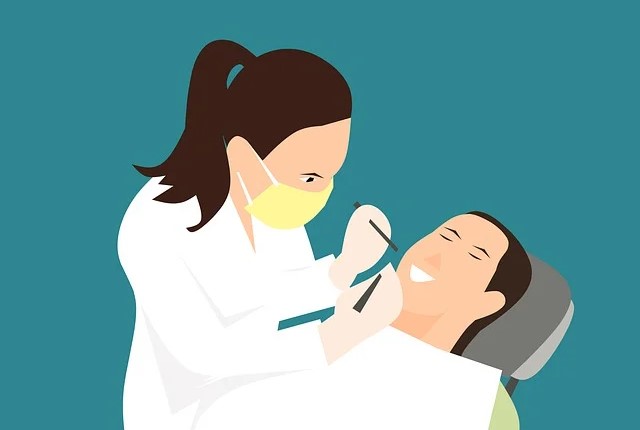
Unruptured Intracranial Aneurysms: Clinical Characteristics and Management Considerations
Unruptured intracranial aneurysms are usually asymptomatic and incidentally discovered on neuroimaging, prompting considerations for surveillance and treatment strategies to mitigate the risk of rupture and prevent adverse neurological outcomes.
Februery 2022
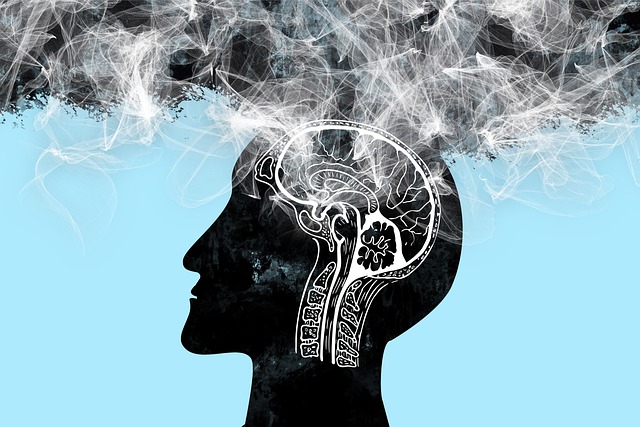
Hypertonic Saline Solution in Traumatic Brain Injury: Lack of Neurological Improvement
Hypertonic saline solution does not lead to neurological improvement at 6 months in patients with traumatic brain injury, highlighting the need for alternative therapeutic approaches and personalized management strategies in severe TBI cases.
Februery 2022
